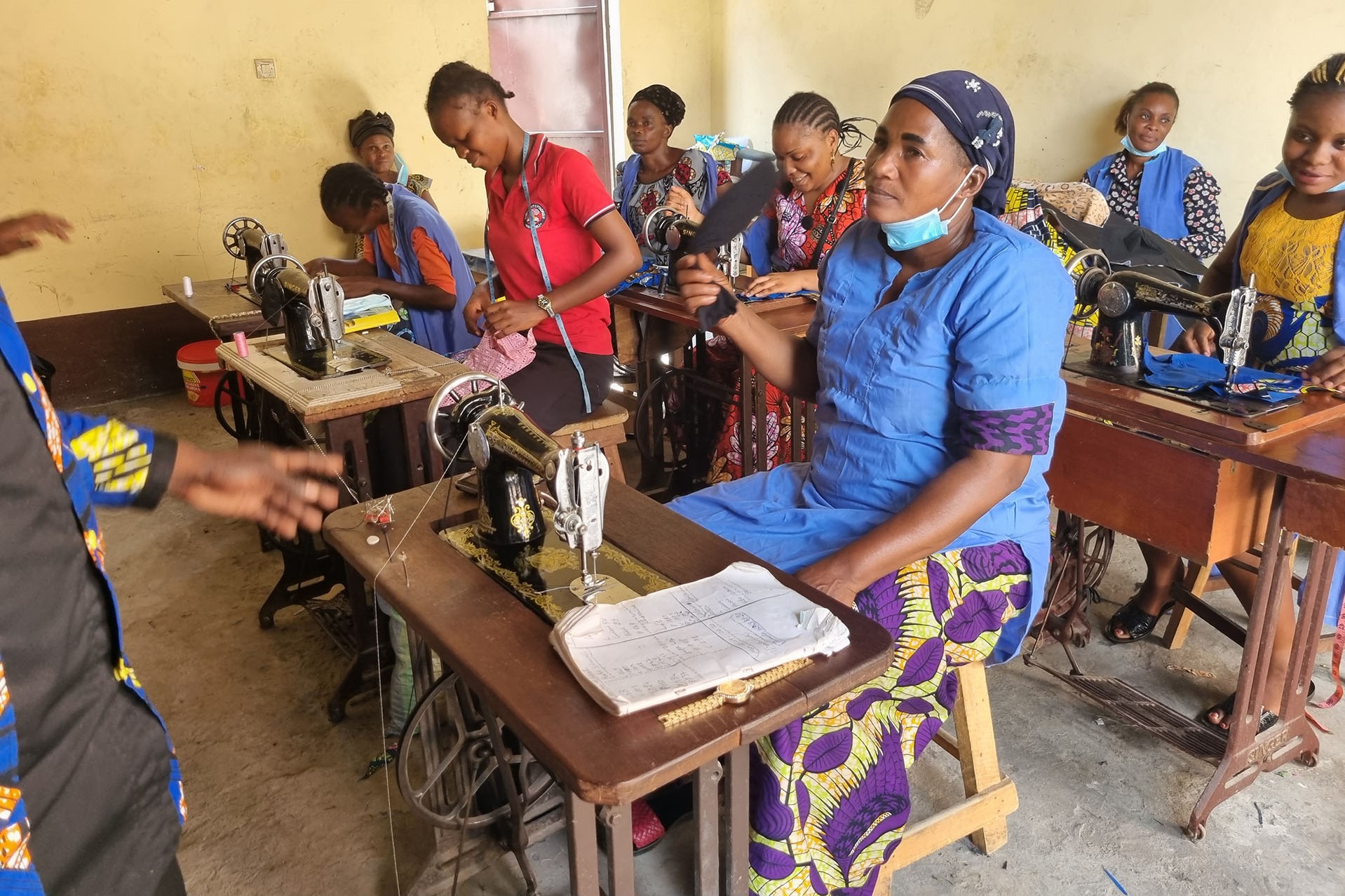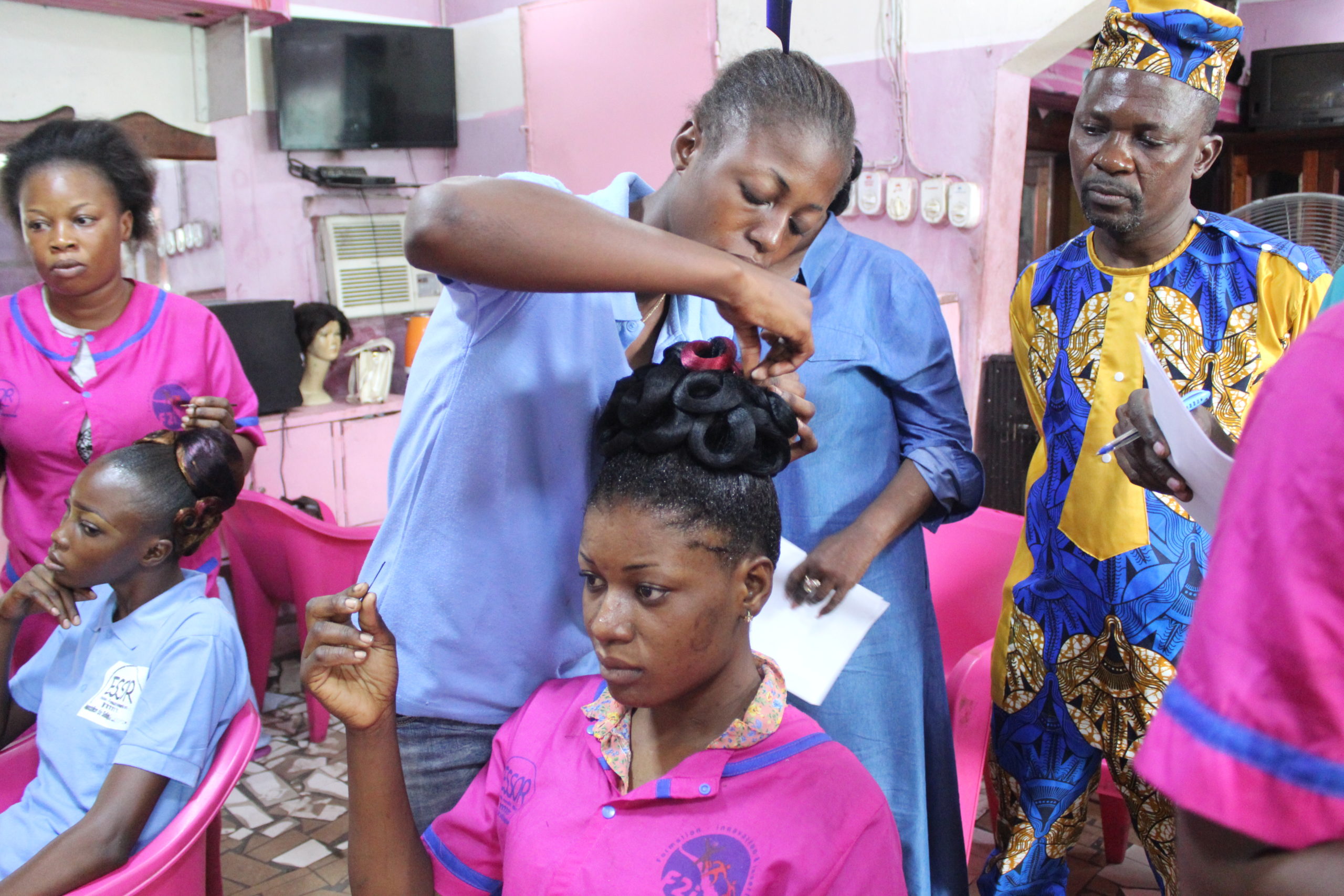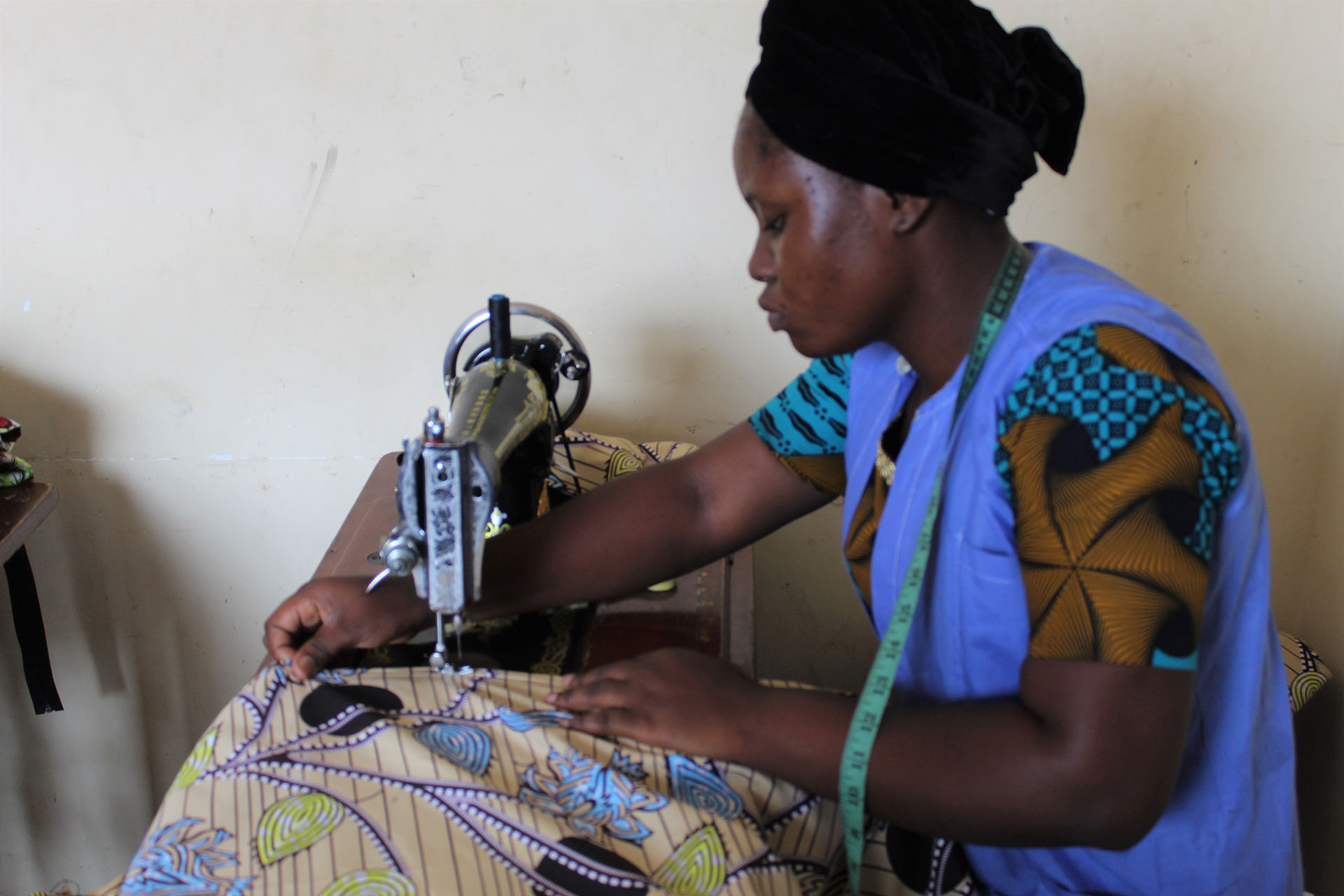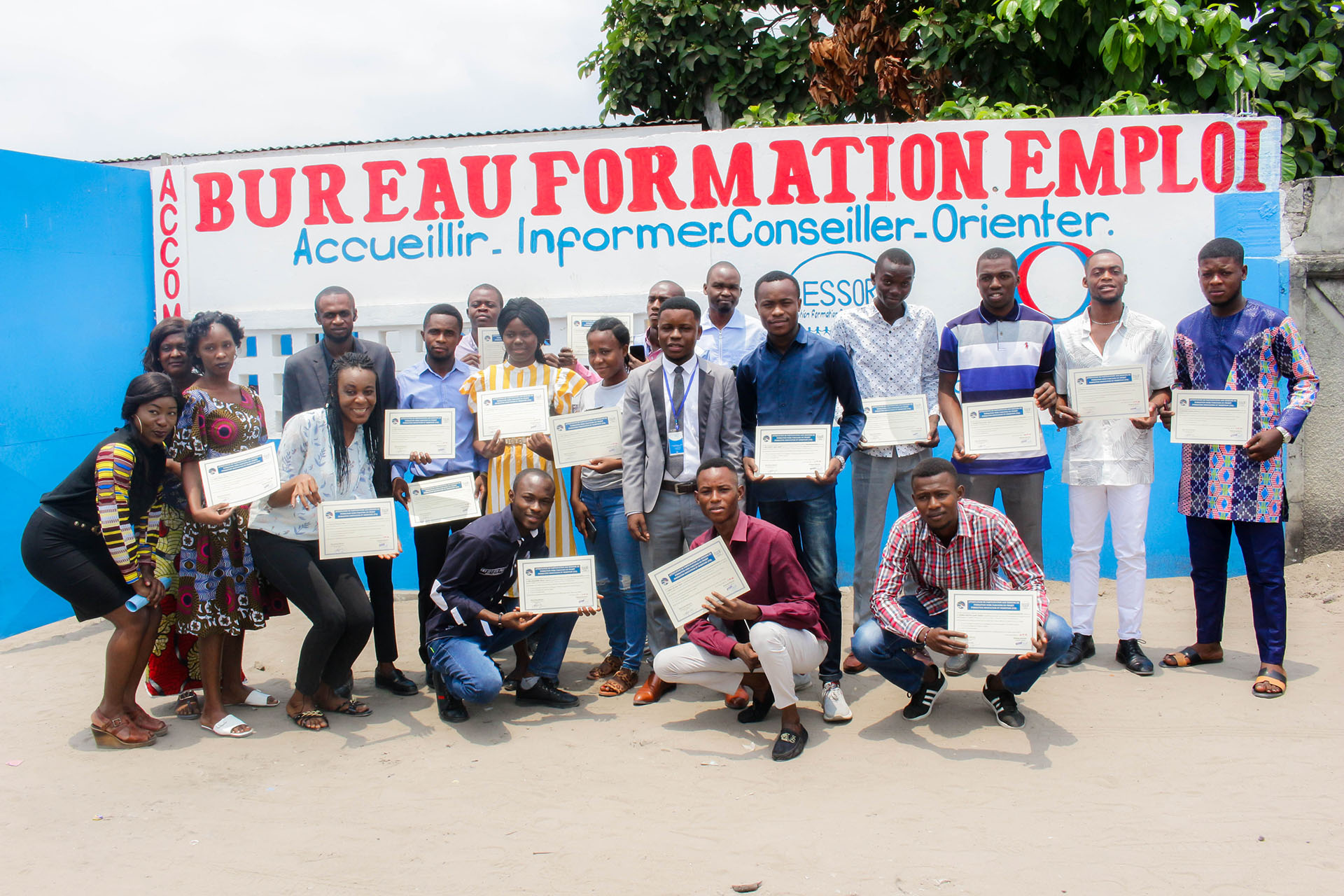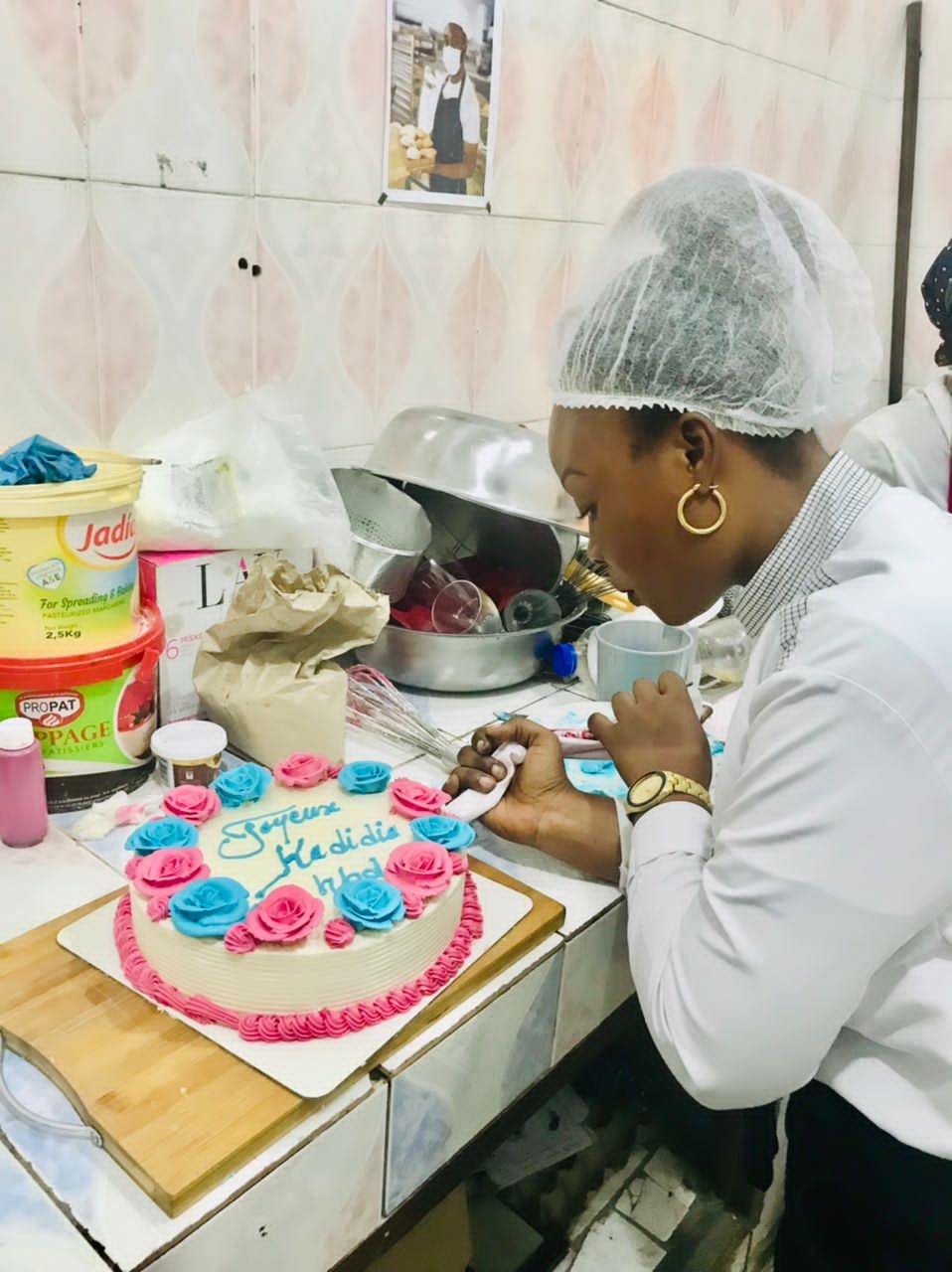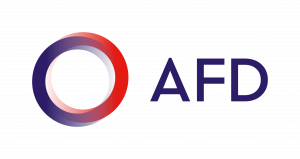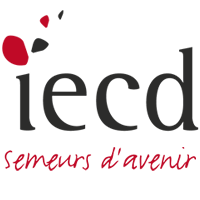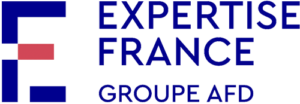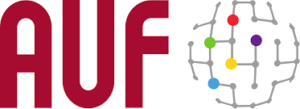Support the sustainable reduction of gender inequalities in vocational training and the socio-professional integration of young people, especially women.
Places of intervention
The place and role of women in Central African societies are affected by major inequalities, whether within communities or in terms of access to basic services, public speaking or jobs. In terms of training and integration, numerous stereotypes and barriers lead to discrimination and discouragement of women, threatening their autonomy and emancipation. Public policies treat training, integration and work separately, without adopting a continuum approach. When inequalities are superimposed, the chances of joining a training-integration continuum are slim.
Despite the existence of initiatives that take into account these difficulties, there is a lack of mechanisms to ensure follow-up and the dissemination of good practice remains limited. The lack of dialogue between the various players involved in training, whether public, private or from civil society, undermines actions aimed at the empowerment and sustainable socio-professional integration of young people, and reinforces the persistence of inequalities against young women.
The aim of the project is to bring together the players involved in training and professional integration to finance collective projects implemented as part of national platforms for consultation and action, which will help to improve the appropriation of know-how and the replicability of schemes.
A pooling and sharing body bringing together the platforms at regional level will enable the virtuous initiatives inspired by the experience to be disseminated more widely. ESSOR is leading this project in consortium with IECD (Republic of Cameroon, Democratic Republic of Congo, Central African Republic, Republic of Congo).
Our engagements
Implement pilot schemes to promote the socio-professional integration of young people, especially young women, by working towards a sustainable reduction in gender inequalities with a view to bringing about change
Encourage wider deployment of our actions on a national scale by mobilising public and private actors, brought together in concertation-action platforms
Promote the circulation and sharing of virtuous approaches tested in each country by creating and running a regional hub to act as a transmission belt for the knowledge acquired (capitalisation, production of resources, training), with a view to fuelling actions to reduce gender inequalities across the 4 countries
The project in action
- Raise awareness, train stakeholders in gender issues and include them at the heart of the system
- Develop gender-sensitive social and vocational information and guidance services
- Implement Human Training pathways to promote the personal development of young people trained in training centres
- Deploy support systems for post-training integration (Employment Guidance Offices) within training centres and universities
- Raise awareness, provide training and support for entrepreneurship
- Structure the national platforms and define their missions
- Facilitate dialogue and share good practice on gender issues FIP
- Define the operating rules for the regional hub, coordinate dialogue between the platforms
- Mobilise a pool of expertise to strengthen public and private actors
As part of the project, a Regional Hub has been created, comprising the 4 national platforms, in order to promote learning between countries, facilitate the circulation of knowledge and increase the impact of the project on a regional scale. The Hub coordinates cross-cutting awareness-raising and capacity-building actions, communication and peer-to-peer learning, and ensures the capitalisation and dissemination of good practice aimed at reducing gender inequalities in the inclusion continuum.

